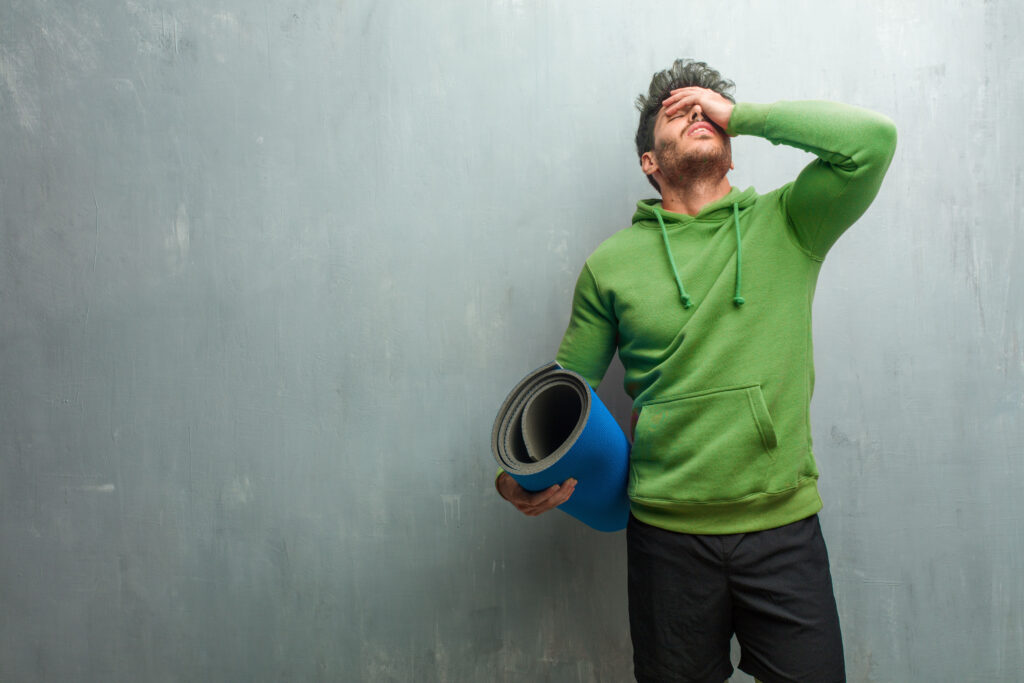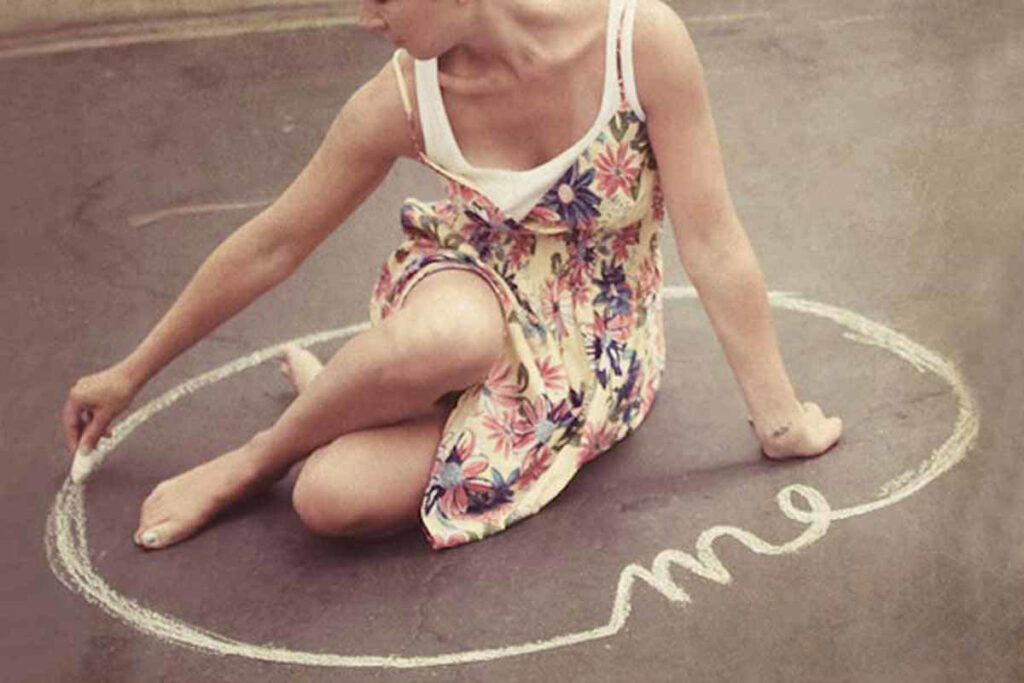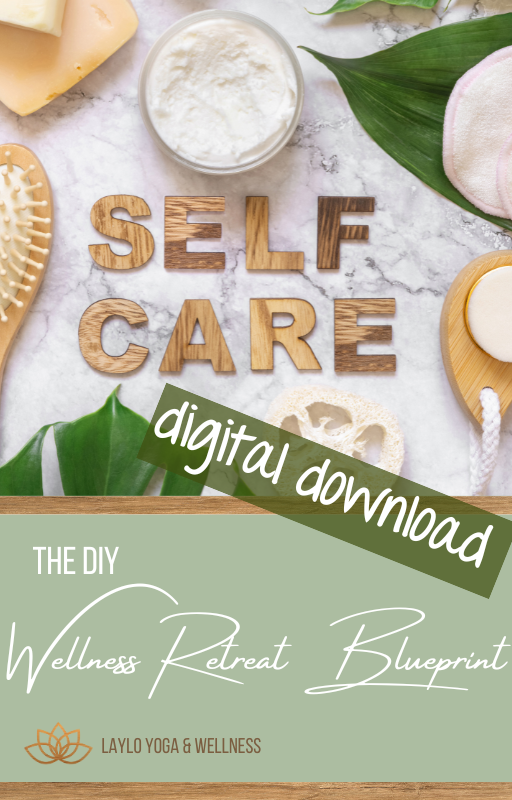
Stress is like that moment when you’re trying to balance in a challenging yoga pose – it’s the pressure and tension that builds up when you’re dealing with life’s demands.
Anxiety, on the other hand, is like your mind doing a million sun salutations at once, causing worry and unease. Both are common feelings, but remember, just like in yoga, there are ways to find balance and calm amidst the chaos.
Trauma is a deeply distressing experience that can leave lasting emotional and psychological scars. It’s like an unexpected storm that shakes the foundations of your inner world, often resulting from distressing events, and it’s important to seek support and healing to navigate its impact on your well-being.
Yoga for Stress, Anxiety & Trauma (SAT) is Designed to Support You in Your Battle Against Your Toughest Challenges
*Please note that this retreat is not meant to treat or diagnose any psychological conditions. If you suspect that a clinical condition such as PTSD is present, please consult a psychologist, psychiatrist, or social worker to address these issues. The movements presented in this retreat are meant to be tools but not treatment or assessment of any mental or emotional condition.
Bad things and difficult experiences befall us all. How we process them, recognize them, and deal with them varies from person to person. Some we can go through and move on. However, others remain trapped and unresolved, resulting in disruption at the physical, emotional, and/or mental levels.
We invite you to join us in exploring the cause, effect, and support for stress, anxiety & trauma. Knowledge is power!
What Can Yoga Do to Help with Stress, Anxiety & Trauma?
Yoga can be a valuable tool for individuals dealing with stress, anxiety, and trauma. Check out all the ways yoga can assist:
- Stress Reduction: Yoga helps in reducing the impact of challenging life experiences by promoting relaxation and calming the mind
- Mind-Body Connection: Practicing yoga improves the connection between physical sensations and emotions, aiding in emotional healing
- Emotional Regulation: Yoga encourages the development of emotional resilience, helping individuals manage intense feelings
- Grounding Techniques: Yoga provides tools for grounding and centering, assisting in finding stability and balance in life
- Breath Awareness: Focusing on breath during yoga practice can alleviate anxiety and create a sense of calm
- Improved Sleep: Yoga promotes better sleep patterns, which can be particularly beneficial after experiencing stress
- Body Awareness: Developing a deeper understanding of one’s body through yoga can help individuals reconnect with themselves
- Self-Care: Yoga encourages self-compassion and self-care practices, which are crucial for healing
- Coping Skills: Yoga equips individuals with healthy coping mechanisms for life’s challenges
- Community Support: Joining yoga classes fosters a sense of belonging and support from like-minded individuals
- Reduced Hypervigilance: Hypervigilance is a common symptom of people dealing with trauma. Yoga helps by teaching individuals to relax and regulate their nervous system more effectively
Remember, the practice of yoga for SAT should be approached with sensitivity and under the guidance of a qualified teacher. It can be a valuable tool in promoting emotional and physical well-being for those who have experienced challenging situations.
*It’s important to note that while yoga can be a beneficial complement to PTSD or trauma treatment, it should not be used as a sole replacement for professional mental health care. Individuals with PTSD or trauma should consult with mental health professionals to create a comprehensive treatment plan that may include yoga as one component among others.
Trusting Others with Your Inner World is Hard
However, going it alone is even harder! Our solemn promise to all Retreat participants is that it will be a safe place to delve into what happened, why it has affected us in the way it has, and explore how yoga can be a means to help us get through daily stress, anxiety and/or a trauma-triggering event or ongoing situation.

What Will We Do for 5 Days?
Yoga for Stress, Anxiety & Trauma is an educational and emotional retreat, one where you will get to know a community of fellow warriors. We will provide a tranquil, safe environment to learn about how stress, anxiety, and trauma affects us at a biological level and how the practice of yoga can help us mitigate some of that. A sample agenda might look like this:
DAY 1:
- We will all sign a “Safe Space” agreement to ensure respect, confidentiality, and non-judgment
- Spend some time getting to know each other. Just the basics – no need to share if you don’t wish to.
- We will review some basic postures, and how they can support us, and then go through a gentle yoga class together
- You will have some free time to journal, explore, practice – whatever you want to do
- Lunch on some delicious and healthful food
- Learn a bit more about what trauma is, where it can come from, and how it lives on in our bodies
- Free time
- Dinner – more yummy and nutritious food
- Restorative practice followed by guided meditation
DAY 2:
- Check-in with each other and Q & A. Sharing of thoughts and history if desired
- Discussion of breathwork and the role it plays
- Morning practice with a focus on breathwork and protective postures
- Free time to journal, explore, practice – whatever you want to do
- Lunch on some delicious and healthful food
- Discussion on our personal approach to yoga
- Free time
- Dinner – more yummy and nutritious food
- Restorative practice followed by guided meditation
DAY 3:
- Check-in with each other and Q & A. Sharing of thoughts and history if desired
- Discussion on protective vs. open postures and how to adapt them
- Morning practice with a focus on protective and open postures
- Free time to journal, explore, practice – whatever you want to do
- Lunch on some delicious and healthful food
- Discussion on meditation and how it can help us
- Free time
- Dinner – more yummy and nutritious food
- Restorative practice followed by guided meditation
DAY 4:
- Check-in with each other and Q & A. Sharing of thoughts and history if desired
- Discussion on self-regulation and effective tools to support it
- Morning practice with a focus on protective and open postures + self-regulation
- Free time to journal, explore, practice – whatever you want to do
- Lunch on some delicious and healthful food
- Discussion on noticing and what it really means in a yoga setting
- Free time
- Dinner – more yummy and nutritious food
- Restorative practice followed by guided meditation
DAY 5:
- Check-in with each other and Q & A. Sharing of thoughts and history if desired
- Review of tools learned
- Morning practice
- Free time to journal, explore, practice – whatever you want to do
- Lunch on some delicious and healthful food
- Discussion on what we have learned so far and how we are planning to incorporate yoga to support us
- Final practice and guided meditation
- Goodbyes!
There will be plenty of time to unwind, learn about yoga and how to leverage it in support of our well-being, as well as getting some time to process it all. You will also have time to be on your own to do your own thing.
What are you waiting for? You deserve some YOU time!
Interested in finding out more about our other retreats? Check out all we have to offer on our Retreats page.









